School shootings provoke anxiety in many children
Child psychiatrist defines anxiety, its symptoms, how to address it, and when it might be time to see a behavioral health specialist.
School shootings anywhere can prompt kids to feel anxiety about going to their own school. It’s important to acknowledge this anxiety and provide the right support.
As of May 9, 2023, there were 19 school shootings across the U.S. that caused injuries or deaths, according to EducationWeek. Last year, there were 51. It’s difficult for any child to learn of these events and not have a certain level of anxiety about them. A 2018 Pew Research Center survey found that 57% of teenagers worry that their school will be next.
So how do parents and caregivers help their kids manage anxiety around school shootings? And what are the signs they might need help from a behavioral health specialist?
The first thing to understand is that anxiety is not bad, said E. Taylor Buckingham, MD, a child and adolescent psychiatrist at Kaiser Permanente in Colorado. “Some degree of anxiety protects us,” he said.
He compares anxiety to a yellow traffic light, which warns us that the light is about to turn red, so we need to slow down. It’s also important to recognize that kids respond differently to an anxiety-inducing event based on their age, interpersonal makeup, closeness to the event, and social environment. “We know that individuals who have more social support tend to respond better than those who don’t,” Dr. Buckingham said.
A spectrum of anxiety
Anxiety runs along a spectrum, he said. At the low end, a child might feel anxious about going to school, but the anxiety shouldn’t interfere with daily activities. At the midpoint, a child might feel anxious enough to stay home from school for a day, but then resume attendance and other routine activities. At the high end, anxiety interferes with daily functioning — the child adamantly refuses to go to school or stops participating in other activities out of worry something bad will happen.
At that point, a parent or caregiver should enlist the help of a behavioral health specialist, Dr. Buckingham said, adding that a kid at the midpoint of the spectrum can inch toward the high end. “One day away from school turns into 2, then 3, then 4,” he said.
Symptoms of anxiety
Anxiety is expressed differently by kids based on their age, Dr. Buckingham said. In elementary school children, it often appears as physical symptoms. They might say they can’t go to school because they have a headache, a stomachache, or their muscles are too tired. They might also be more irritable than normal.
Adolescents, teens, and young adults tend to worry about the worst-case scenario, skip school, or constantly look over their shoulder to make sure they’re safe, he said. Sometimes, if they’ve experienced a traumatic event, they might have flashbacks.
Supporting kids with anxiety
“One of the best things we can do is let them know they’re not alone,” Dr. Buckingham said. “The power of anxiety is that it’s really good at making you feel like you’re the only person in the world who ever felt this way.”
Parents and caregivers should acknowledge kids’ feelings and avoid the temptation to tell them that “everything’s going to be fine.” A child might go to school and see a friend bullied or a fight and decide that things aren’t always fine. This undermines their trust in what a parent or caregiver tells them.
For young children, Dr. Buckingham recommends showing the child you can empathize with their anxiety. “You might say, ‘I’ve noticed you’ve had a lot of stomachaches lately. You know, sometimes when I’m really stressed, my tummy bothers me, too.’”
Talking about anxiety with a parent or caregiver might be the last thing an adolescent, teenager, or young adult wants to do, Dr. Buckingham said. And that’s fine. Instead, he recommends doing things with them that are healthy and can help relieve anxiety, like going for a walk, seeing a movie, going on a hike, playing sports, or connecting to community and faith organizations.
Over time, they might open up to a parent or guardian — or a baseball coach, Scout leader, or someone at church. “We have to let kids know that there are lots of ways to get support.”
What Kaiser Permanente is doing about gun violence
In honor of victims and to address the public health crisis of gun violence, Kaiser Permanente established the Center for Gun Violence Research in 2022, and pledged to work with other health systems, public health authorities, community organizations, and business leaders to “relentlessly pursue a healthier future.”
Additionally, the Kaiser Permanente Colorado Institute for Health Research is conducting research in partnership with Northwestern University to learn how pediatricians can best conduct firearm safety conversations and share resources with families, including safe storage cable locks. The research is funded by the National Institute of Mental Health. Learn more and find resources on firearms and child safety.
More resources
The American Academy of Child and Adolescent Psychiatry offers free educational resources to parents and caregivers addressing anxiety, bullying, depression, substance use, suicide, disaster and trauma, and other topics.
-
Social Share
- Share School Shootings Provoke Anxiety in Many Children on Pinterest
- Share School Shootings Provoke Anxiety in Many Children on LinkedIn
- Share School Shootings Provoke Anxiety in Many Children on Twitter
- Share School Shootings Provoke Anxiety in Many Children on Facebook
- Print School Shootings Provoke Anxiety in Many Children
- Email School Shootings Provoke Anxiety in Many Children

April 30, 2025
From fighter to father: How addiction care changed his life
Travis Taylor has substance use disorder and mental health conditions. …

April 23, 2025
Healing the human spirit
Kaiser Permanente strives to support survivors of sexual violence.

March 29, 2025
We are meeting mental health care access requirements
The investments we’ve made over the last several years have resulted in …

March 27, 2025
We’re committed to mentorship, mental health, and communities
Kaiser Permanente awarded Elevate Your G.A.M.E. a grant to expand program …

March 5, 2025
6 definitive traits of a middle child
Parade

February 26, 2025
Spring into a better night’s sleep
A Kaiser Permanente sleep expert shares tips for decreasing the impact …
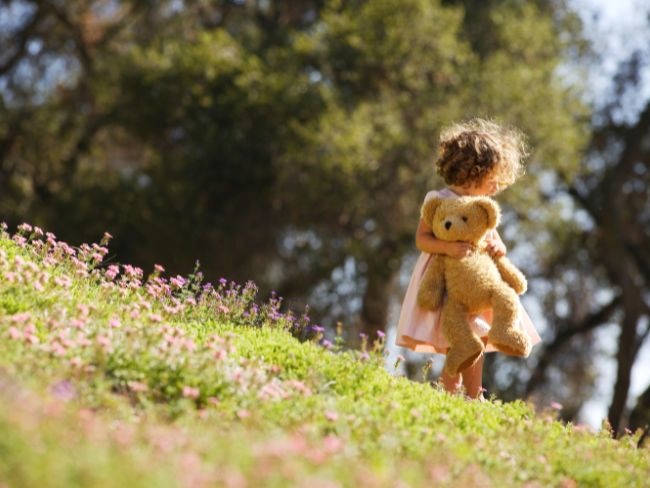
February 25, 2025
Providing care to trauma survivors
Kaiser Permanente has been at the forefront of recognizing how trauma impacts …

February 11, 2025
Stressed about the news? Try a ‘news diet’ — and hugs
When news and online information become too stressful, Dr. Sammie LaMont …

February 4, 2025
What is therapy, anyway?
At Kaiser Permanente, our care is personalized for each patient's mental …

January 24, 2025
Is one drink a day OK? Here’s what to consider
NPR

January 22, 2025
A preteen overcomes anxiety and suicidal thoughts
A young Kaiser Permanente member speaks up to gain the mental health support …
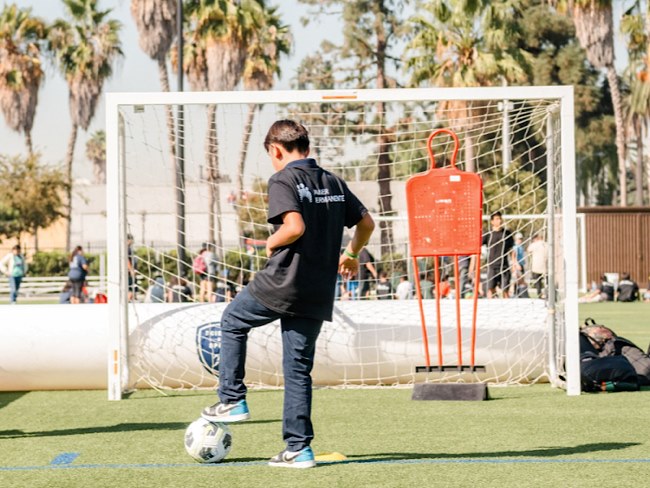
December 30, 2024
Fit and thriving: Inspiring students at school
Kaiser Permanente and Los Angeles Football Club are committed to building …
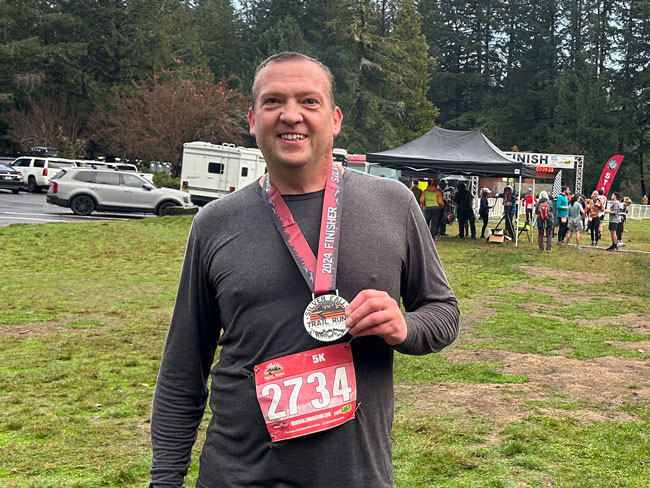
December 19, 2024
From darkness to sobriety and recovery
Once suicidal and on the verge of losing his job, Eric Jeffers has found …
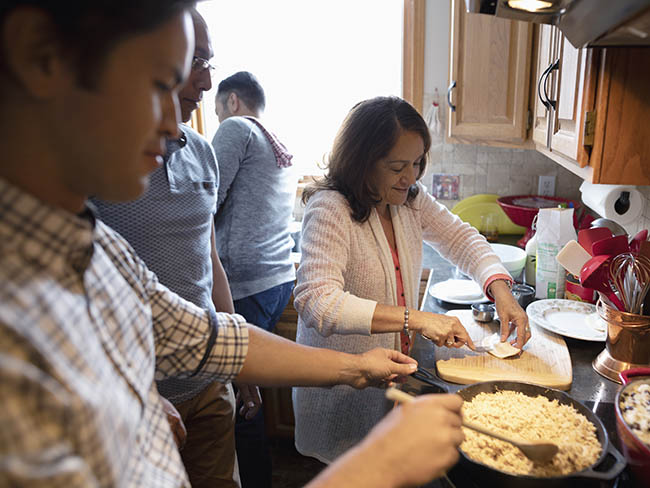
December 13, 2024
How to stay happy and healthy over the holidays
Sammie LaMont Moss, MD, a psychiatrist for Kaiser Permanente in Colorado, …

December 10, 2024
Accelerating growth in the mental health care workforce
Actions policymakers can take to grow and diversify the mental health care …
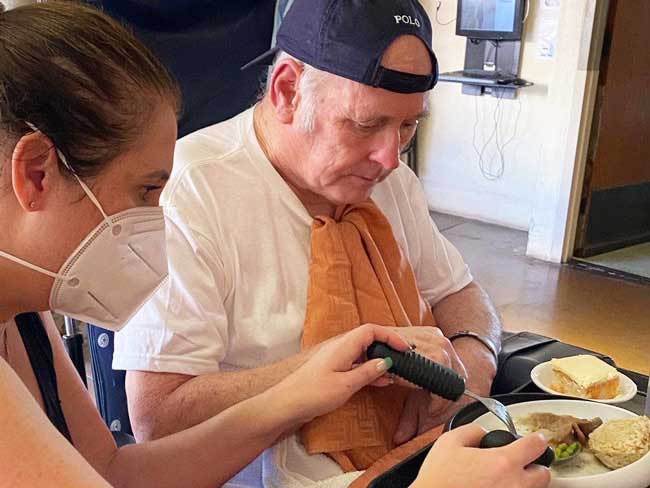
November 13, 2024
Self-care for caregivers matters: Here’s why
A sharp increase in rates of adult caregiving is taking a mental and physical …

November 4, 2024
Recruitment and retention in behavioral health
An expert’s insights on the changing mental health landscape, its impact …

October 23, 2024
Doomscrolling? It may affect your heart.
Endless bad news is just one fingertip away online. One Kaiser Permanente …
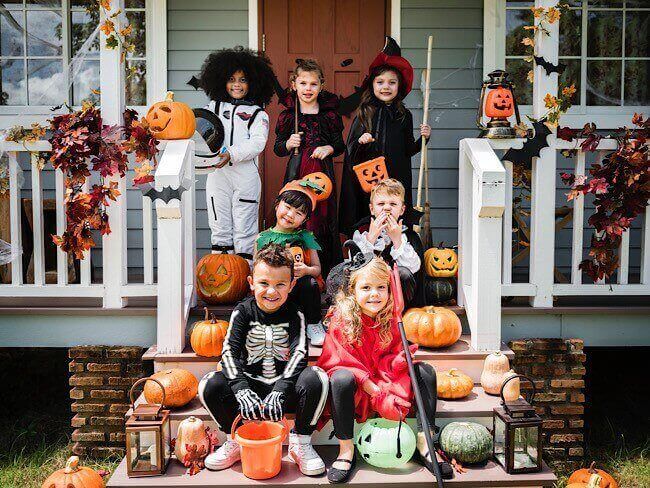
October 18, 2024
Hidden hazards of Halloween
Expert tips to ensure your little ghosts and goblins stay safe this Halloween, …
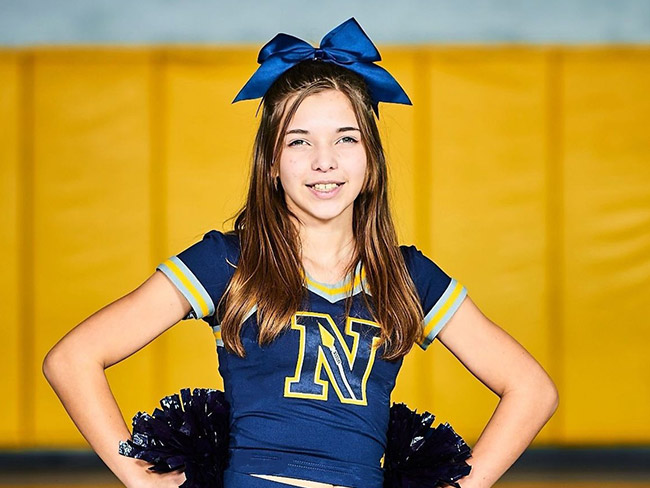
October 10, 2024
Child anxiety relief: Therapy gets a digital boost
Shiloh Sevin’s well-being improves thanks to her psychologist and the Calm …

October 8, 2024
Exploring your relationship with alcohol
If you're rethinking your habits, here are some questions to keep in mind.

October 4, 2024
Study shows new way to prevent suicides
Primary care teams can make a big difference in their patients’ lives, …

October 4, 2024
Teacher learns about herself and how to live with anxiety
A lifelong educator seeks behavioral health care to manage repetitive worries, …

October 1, 2024
From depression to connection: Older adult finds her way
After a long period of loneliness and isolation, Roberta Maguire gets the …
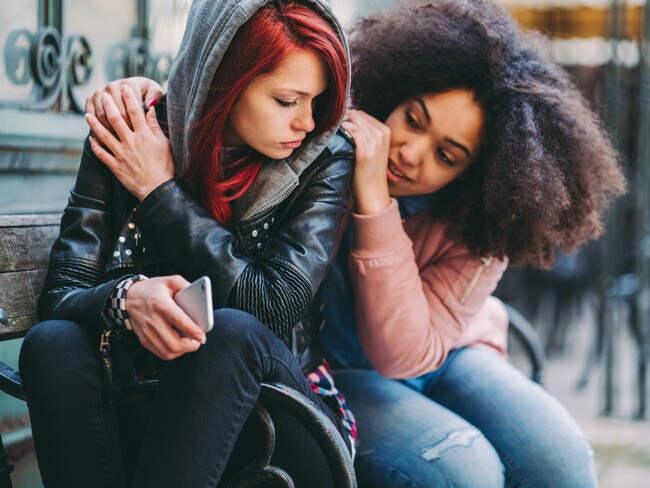
September 27, 2024
Youth suicide in the digital age is raising concerns
Young people face growing pressures from social media, school, and other …
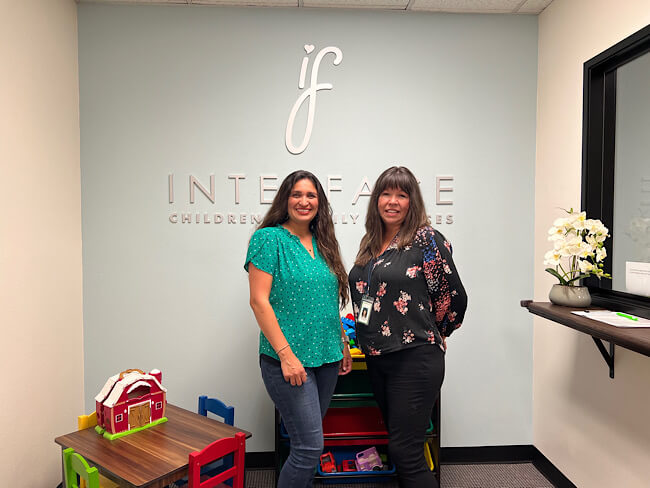
September 27, 2024
Traumatized children find mental health therapy beneficial
A Ventura County community-based nonprofit provides counselors to help …

September 17, 2024
A Latina’s voice in mental health is impactful with her clients
Connecting through a shared heritage gives one therapist a unique perspective …

September 11, 2024
Buprenorphine saves lives. Why can’t more patients get it?
Policy changes are crucial for better opioid addiction treatment.
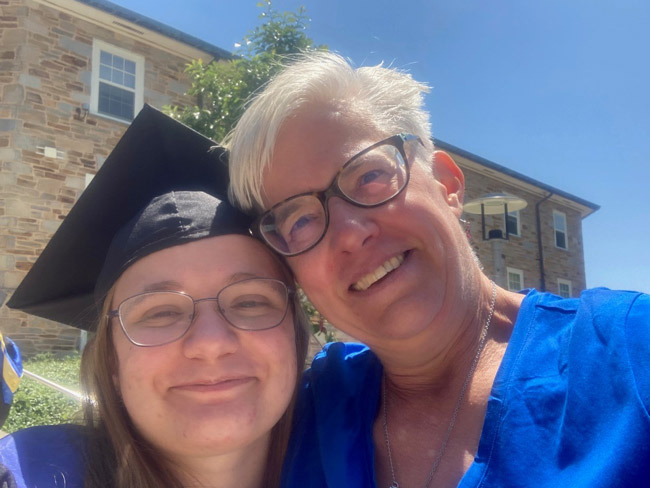
August 16, 2024
After severe depression, a ‘rainbow lit up my sky’
Shannon Parkin survived 7 suicide attempts. She shares her story of hope …
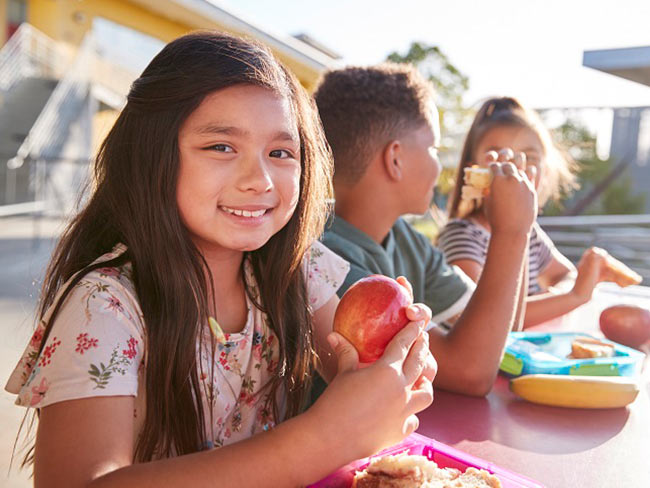
July 18, 2024
Easy school lunch and snack tips
Ideas for healthy, delicious, and hassle-free snacks and lunches to keep …
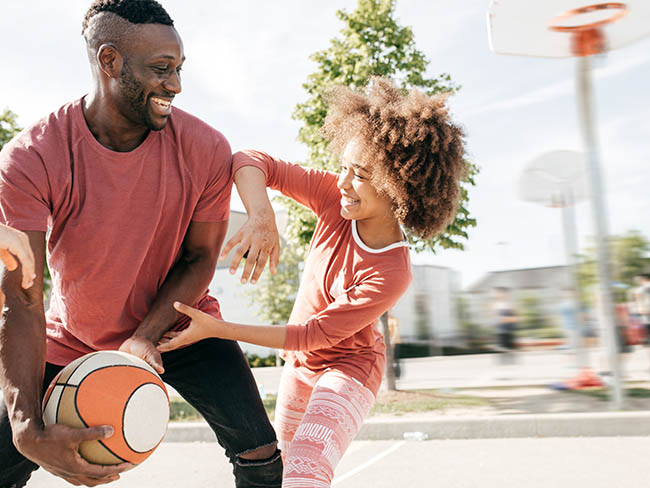
July 17, 2024
4 parent tips for back-to-school success
The start of the school year can bring up different emotions for children …

July 11, 2024
Transforming education and mental health in Watts
Our investment in the Watts neighborhood of California, in partnership …
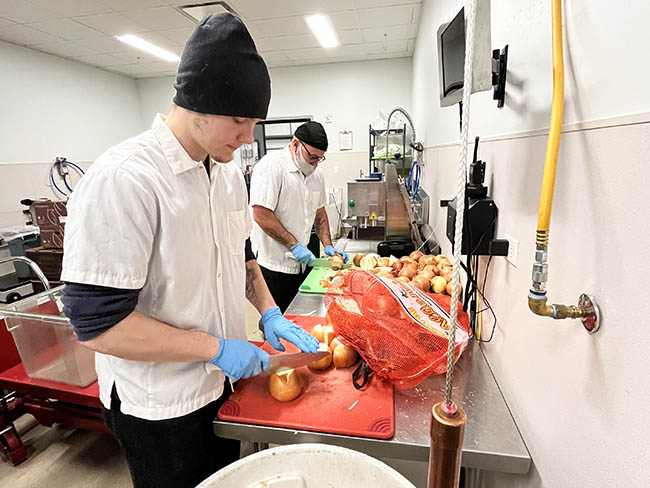
July 10, 2024
Grant to help make school lunches healthier for kids
Chef Ann Foundation will use $275,000 grant for Colorado program to convert …
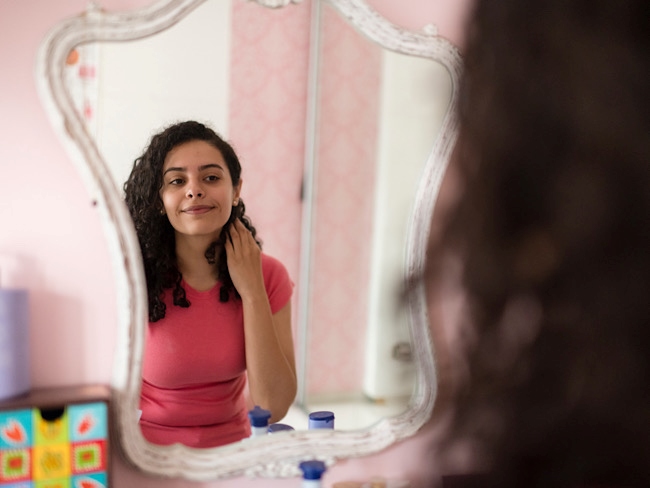
July 9, 2024
Antiaging skin care … for kids?
Kids as young as 9 are using antiaging products. A Kaiser Permanente dermatologi …
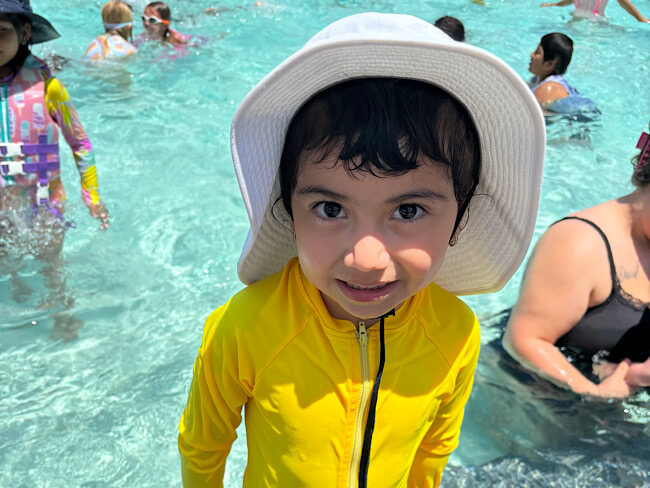
June 28, 2024
Operation Splash makes a splash for safe summer fun
Kaiser Permanente is making waves this summer, ensuring that communities …

June 28, 2024
Health Action Summit highlights mental health opportunities
The Kaiser Permanente Colorado Health Action Summit gathered nonprofits, …
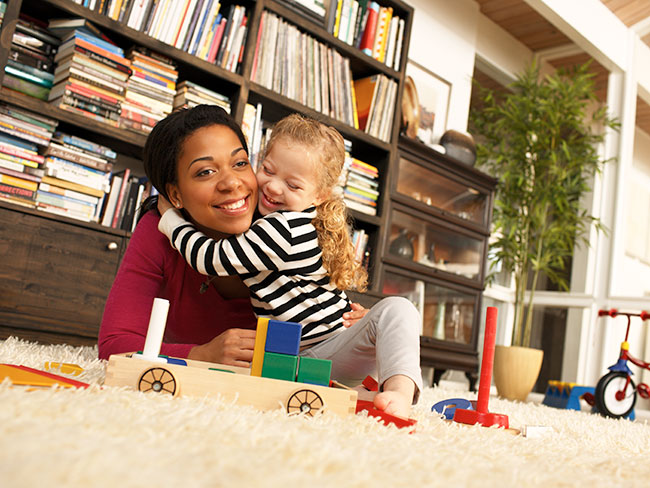
June 27, 2024
5 facts about autism
A Kaiser Permanente doctor shares key details. By learning more about autism, …
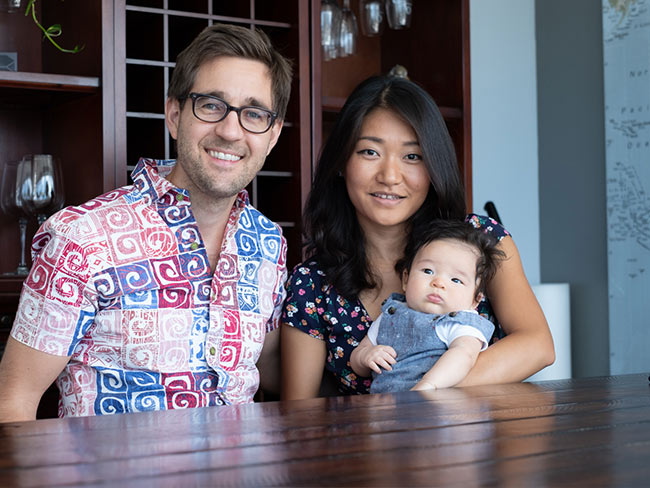
June 25, 2024
Prompt postpartum care saves a baby’s life
When a newborn was diagnosed with meningitis, a life-threatening infection …

June 19, 2024
Investments in Black community promote total health for all
Funding from Kaiser Permanente in Washington helps to promote mental health, …
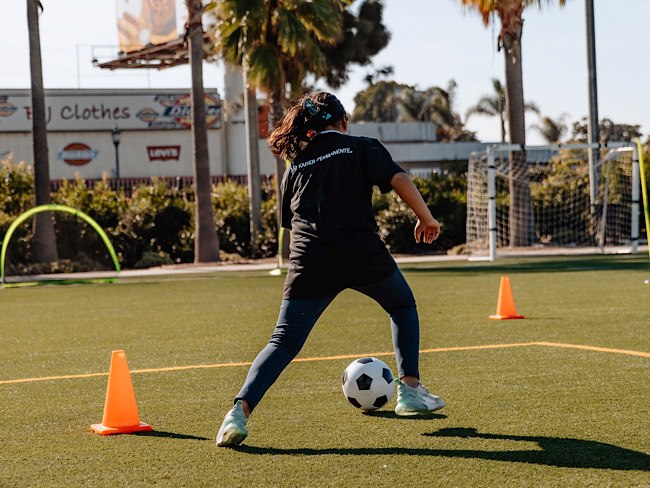
May 31, 2024
Inspiring students to take charge of their health
Kaiser Permanente and the Los Angeles Football Club will launch the second …
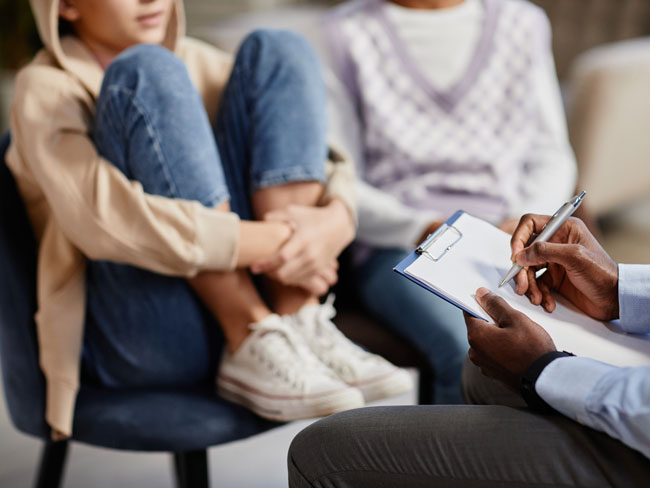
May 14, 2024
A key ally in navigating mental health care for kids
Behavioral health consultants can provide a better understanding of often …
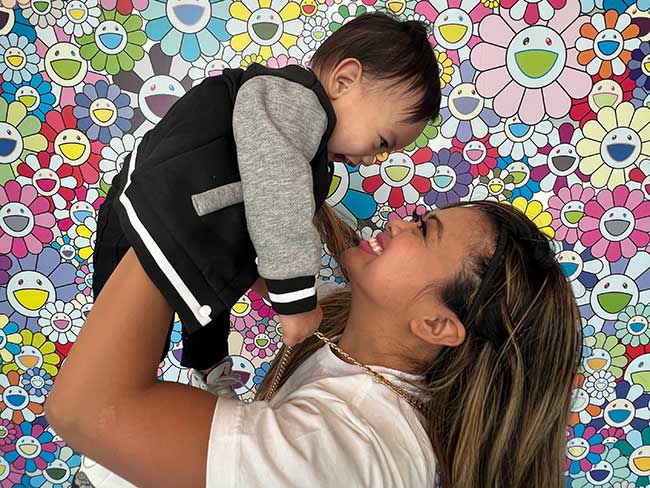
May 10, 2024
Self-care is key for new parents
Feeling emotional or overwhelmed after a new baby’s arrival? You’re not …

May 3, 2024
Lonely and depressed — but not alone
After a lifetime of feeling isolated, Moth Wygal finds connection thanks …
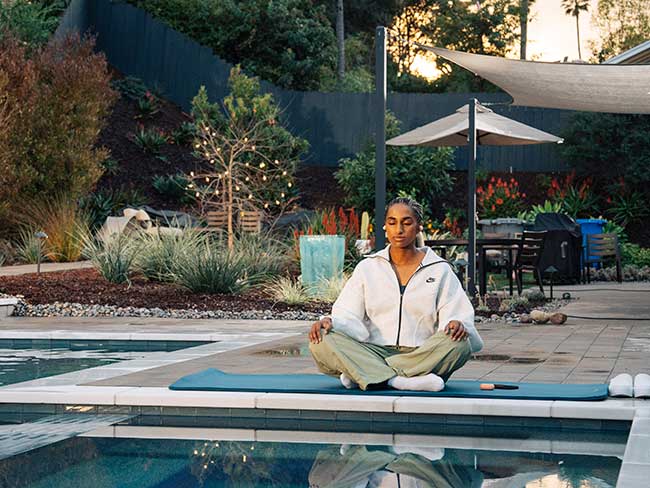
April 29, 2024
Soccer star: ‘Let’s talk about mental health’
Naomi Girma, a sports ambassador for Kaiser Permanente, is passionate about …

April 10, 2024
For a new mom, talking about her worries helped her heal
One in 5 people experience depression, anxiety, or other mental health …

March 14, 2024
Midwife offers personal care for mom facing complications
For Sam Beeson, having a midwife at her side during her pregnancy helped …

February 21, 2024
From planning his funeral to celebrating his wedding
Gabriel Abarca had no hope for his future. Then the team at Kaiser Permanente …

February 13, 2024
A legacy of life-changing community support and partnership
The Kaiser Permanente Watts Counseling and Learning Center started as a …

February 12, 2024
Proposition 1 would bolster mental health care in California
Kaiser Permanente supports the ballot measure to expand and improve mental …

February 2, 2024
Expanding medical, social, and educational services in Watts
Kaiser Permanente opens medical offices and a new home for the Watts Counseling …
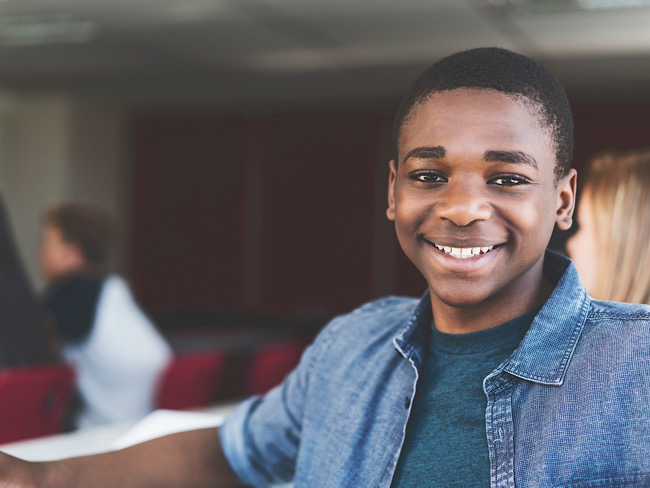
January 29, 2024
Empowering minds to help others thrive
Supporting behavioral and mental health in communities where needs are …

January 24, 2024
A full-circle journey for one cancer survivor
Grateful for compassionate and successful Hodgkin lymphoma treatment at …

January 22, 2024
Solutions for strengthening the mental health care workforce
Better public policies can help address the challenges. We encourage policymaker …
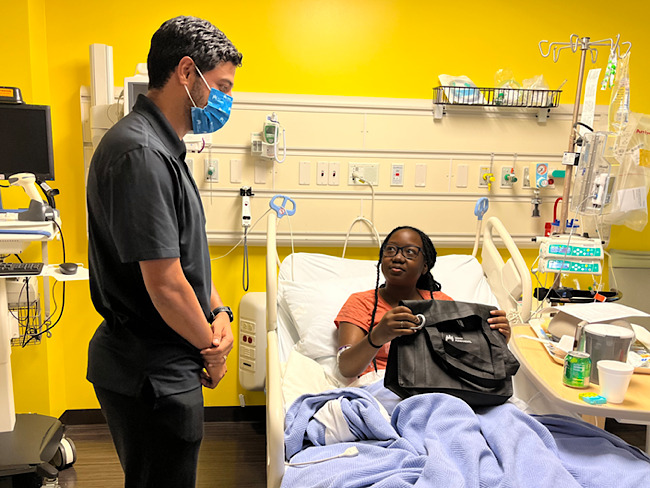
January 12, 2024
Cheering up hospitalized children
Los Angeles Football Club player Carlos Vela brings joy to Kaiser Permanente …

January 3, 2024
Addressing the shortage of mental health workers
There aren’t enough mental health professionals in the U.S. to meet the …
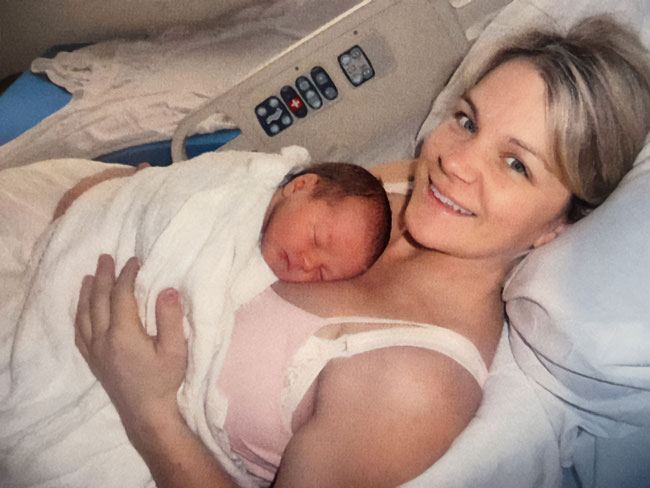
December 15, 2023
Family-centered care, through pregnancy and beyond
Members experiencing a low risk pregnancy have the option of having their …
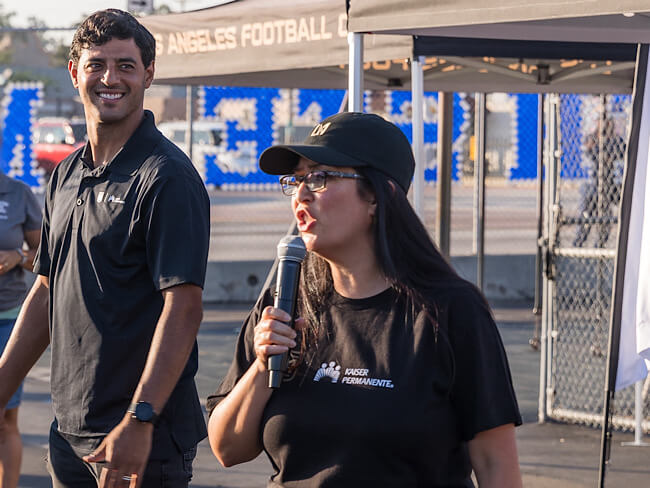
December 15, 2023
Building healthy communities through play
Kaiser Permanente teams up with Los Angeles Football Club to build 5 futsal …

December 8, 2023
Inspiring a Wave of Wellness with youth
Kaiser Permanente and San Diego Wave Fútbol Club educated San Diego youth …

December 7, 2023
Safe, secure housing is a must for health
We offer housing-related legal help to prevent evictions and remove barriers …

November 29, 2023
Tapping into an array of mental health options
Pavan Somusetty, MD, explains how people who need support and guidance …
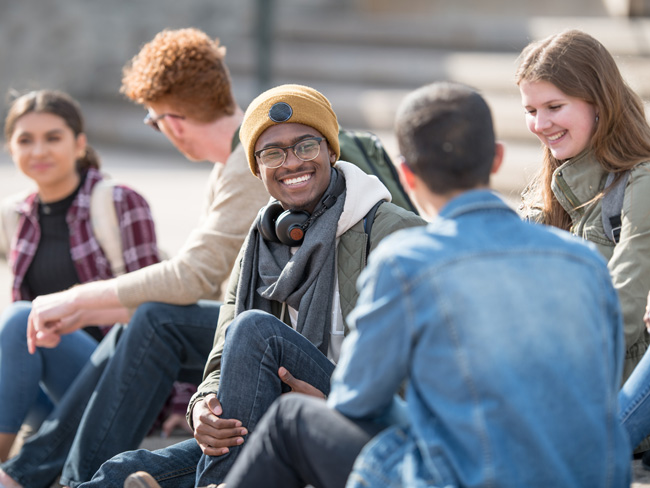
November 15, 2023
Spreading the truth about flavored tobacco and youth vaping
A youth vaping curriculum is making a difference.
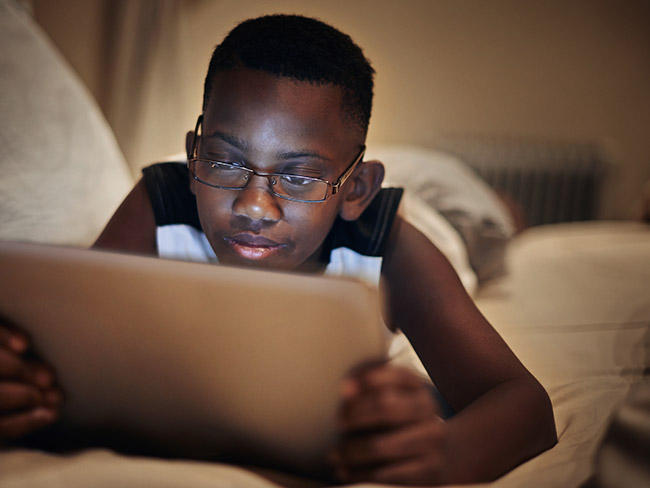
October 27, 2023
Nearsightedness in kids: Taking a closer look
Nearsightedness, also known as myopia, is on the rise. To reverse that …
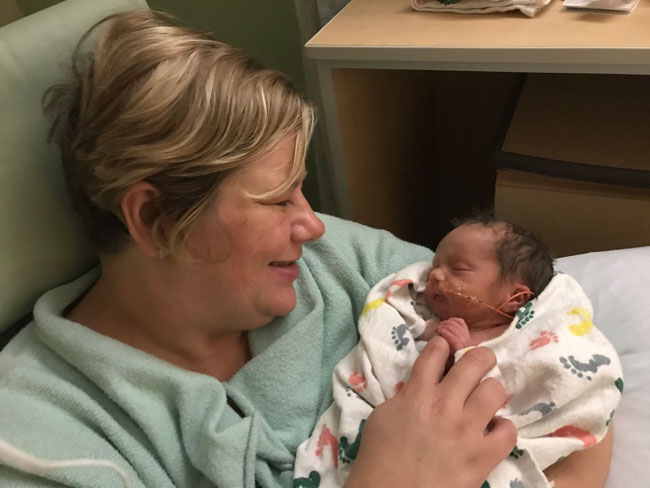
October 25, 2023
Critical care and support for our youngest patients
In Oregon, specialists and parents come together to design a specialized …

October 24, 2023
Childhood anxiety: What parents need to know
A child and adolescent psychiatrist shares tips on supporting your child …

October 11, 2023
Bridging the mental health gap
Kaiser Permanente’s partnership with Fontana Unified School District brings …

September 27, 2023
Harvest your power
Use biofeedback to help manage stress.

September 27, 2023
From suicide survivor to mental health advocate
Former Major League Baseball player Drew Robinson shares his story of hope …

September 27, 2023
10 school districts receive next round of RISE grants
The Thriving Schools program helps educators and students in Colorado integrate …

September 13, 2023
Mental health champion: A mission inspired by personal loss
San Diego Wave Fútbol Club star defender Naomi Girma, Kaiser Permanente …

September 6, 2023
Recovery from addiction is possible
Our clinicians help patients get the care they need to move forward with …

August 28, 2023
Grants improve the total health of our communities
Kaiser Permanente increases access to mental health services in Southern …

August 22, 2023
Mental health
Expanding access to high-quality mental health services

August 14, 2023
Tips for ensuring a safe and healthy college experience
Students should study up on their care options to ace their school experience. …

August 10, 2023
Successfully navigating the school year
These tips from Don Mordecai, MD, Kaiser Permanente’s national mental health …

August 4, 2023
Eating well and adopting healthy habits helps prevent cancer
Learn how lifestyle medicine is part of cancer care at Kaiser Permanente.
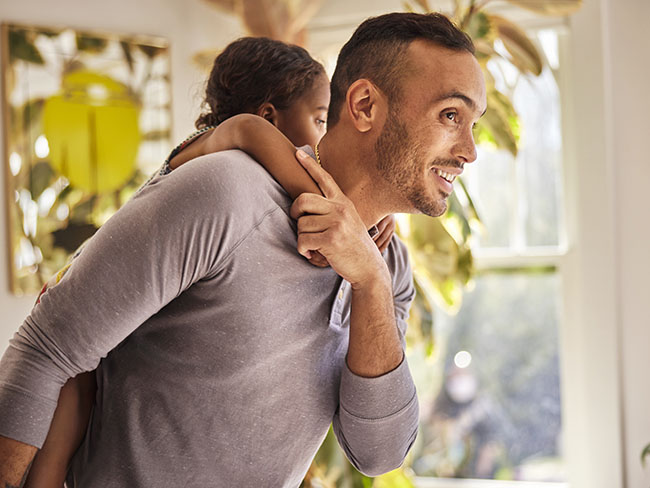
June 30, 2023
Men's mental well-being is a priority
Unique challenges and societal pressures can impact men’s emotional well-being.

June 28, 2023
Making waves to empower young girls
Kaiser Permanente and the San Diego Wave Fútbol Club host a second Wave …
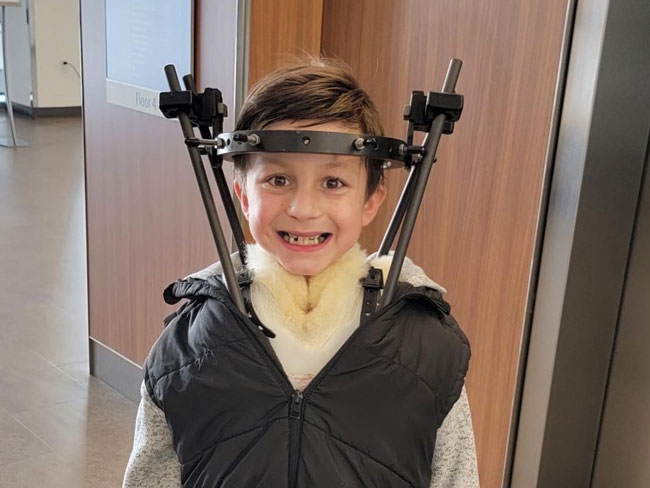
June 27, 2023
Comforting, personalized care for a kiddo with cancer
Carter Shaver from Portland, Oregon, shares his optimistic smile after …
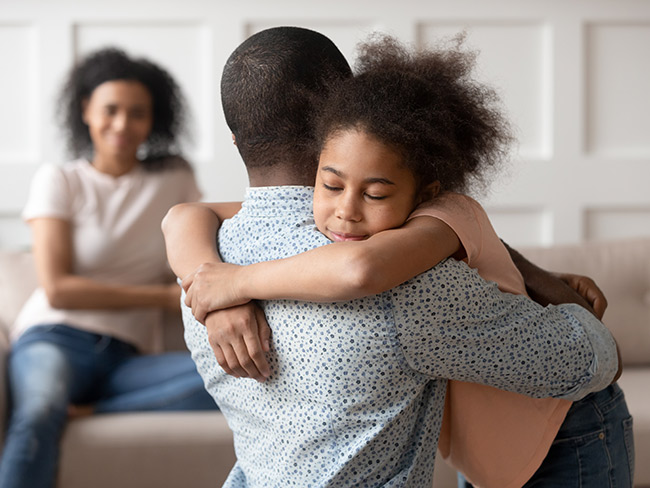
June 23, 2023
Get the mental health support you need
Kaiser Permanente is here to help with care and valuable tools to support …

June 21, 2023
And that’s why they call postpartum the blues
Take time to adjust to a new baby and lifestyle changes — and reach out …
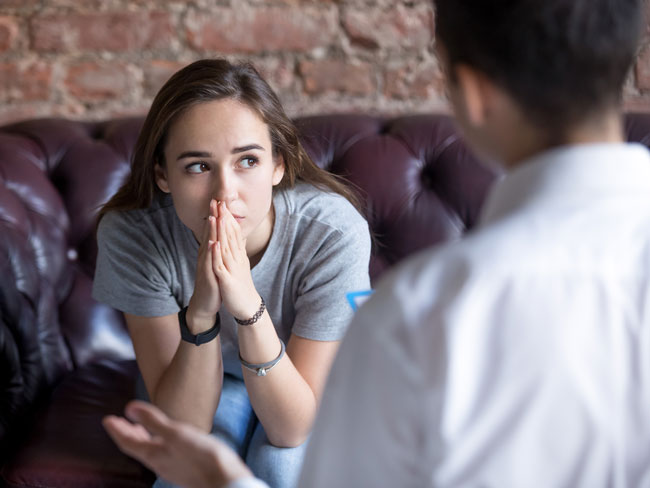
June 9, 2023
Mental health, addiction, and the power of a peer
Shared experience helps young people in Oregon build confidence for their …

June 7, 2023
Teen social media use may lead to depression
Creating a healthy relationship with social media can help safeguard the …
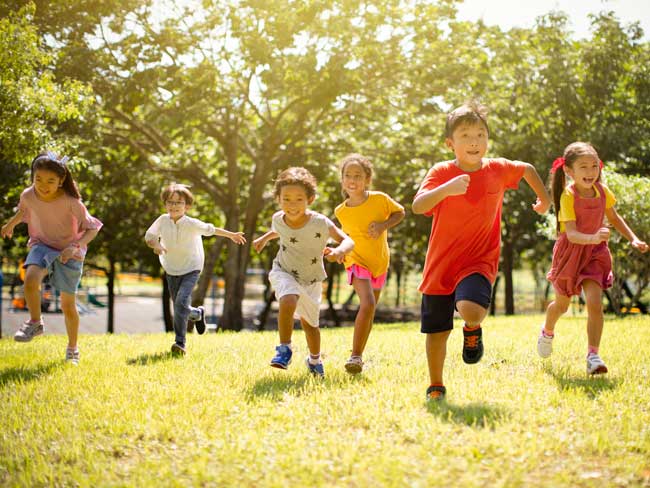
June 6, 2023
COVID-19 vaccine: No serious side effects in young children
Kaiser Permanente researchers led analysis of large, diverse group of young …

June 5, 2023
Understanding and living with bipolar disorder
A Kaiser Permanente member shares his personal journey of navigating bipolar …

June 1, 2023
Policy recommendations from a mental health therapist in training
Changing my career and becoming a therapist revealed ways our country can …
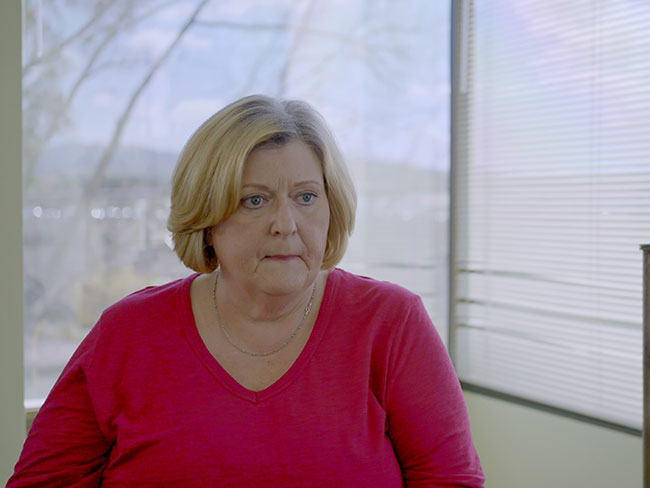
May 22, 2023
Sidelined by injury, a former nurse seeks depression care
Susan Sandhu struggled to find meaning in her life after an injury forced …
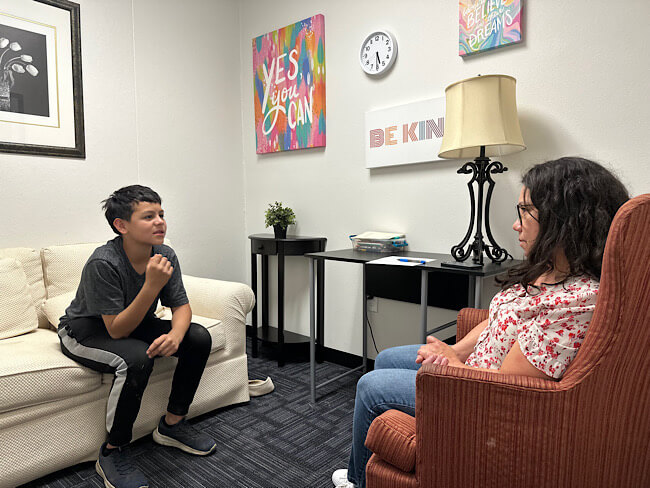
May 18, 2023
Addressing mental health trauma in a local community
Trauma-informed outreach efforts in Orange County are being recognized …

May 16, 2023
Managing trauma does not need to be traumatic
Expanded access to high-quality, affordable mental health care supports …

April 14, 2023
The importance of screening for gestational diabetes
Gestational diabetes poses a significant risk to women of color, particularly …
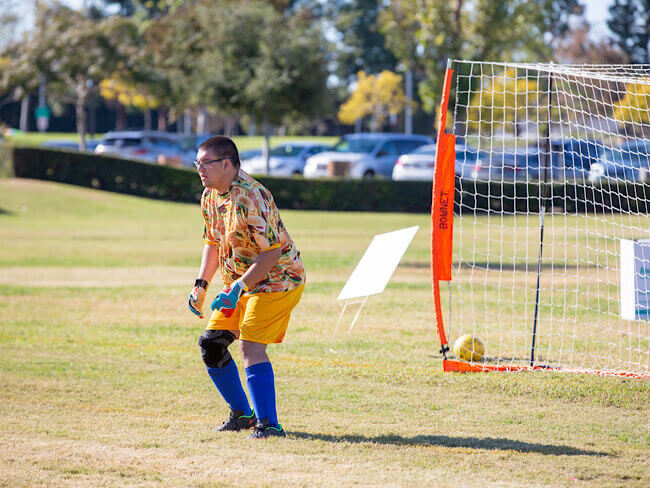
March 29, 2023
Volunteering helps create healthier communities
Kaiser Permanente’s partnership with Special Olympics Southern California …
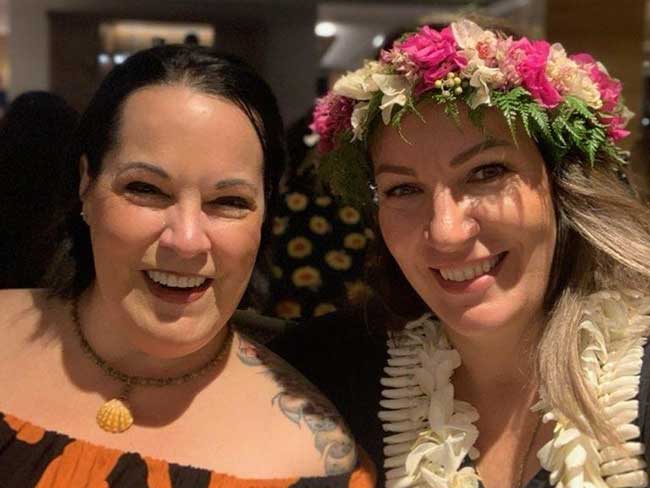
March 24, 2023
Finding hope after a mental health and addiction crisis
Treatment for bipolar disorder and opiate addiction helps a Kaiser Permanente …
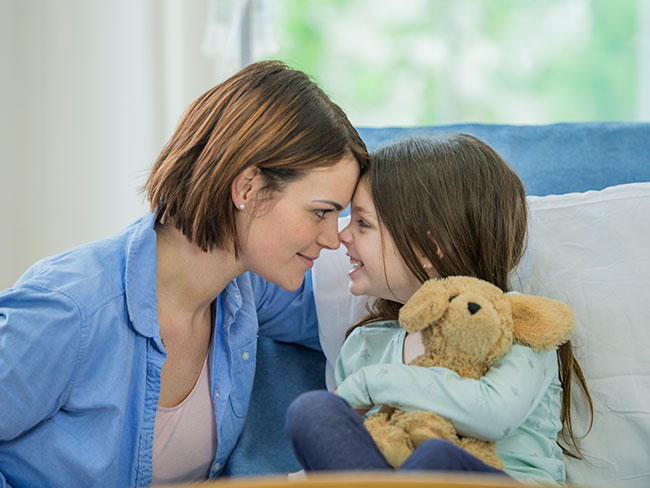
March 16, 2023
Supporting our children after acts of mass violence
Southern California psychiatrist offers practical advice for parents to …
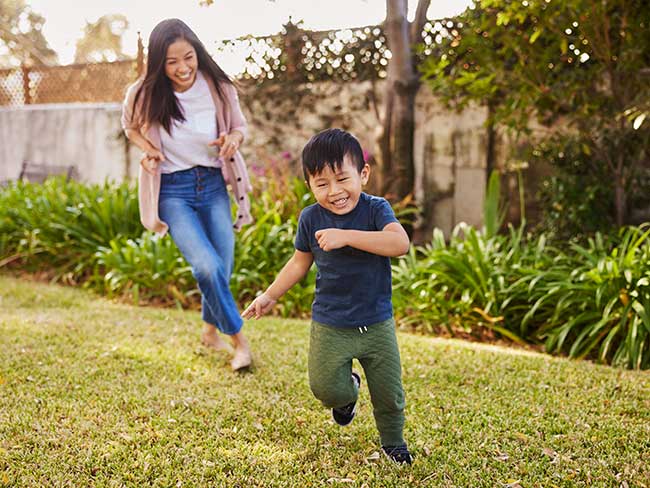
March 14, 2023
Extra pounds put kids at higher risk for hypertension
Kaiser Permanente study shows even modest elevations in BMI above the “average …

March 13, 2023
Making waves with our first female sports ambassador
Kaiser Permanente in Southern California partners with San Diego Wave Fútbol …
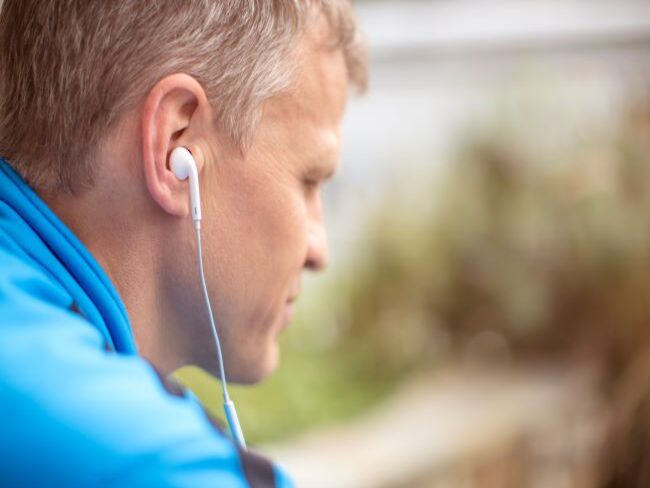
March 7, 2023
For moments when you may not need to see a therapist
Kaiser Permanente provides members with convenient ways to improve their …
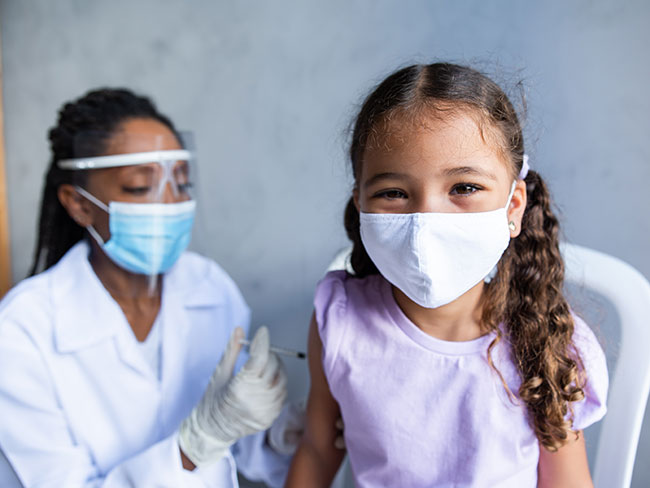
February 27, 2023
Teaching flu a lesson
School-based flu vaccination clinics made it safe and convenient for students …
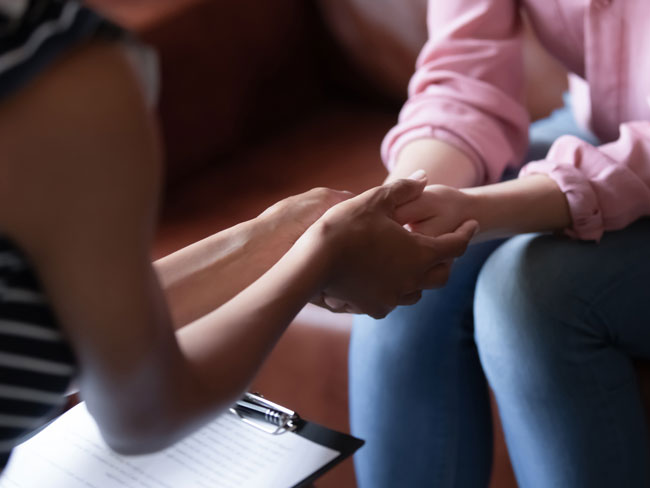
February 24, 2023
Nurturing expectant moms who have substance use disorders
Project Nurture in Portland, Oregon, provides treatment and a path forward …
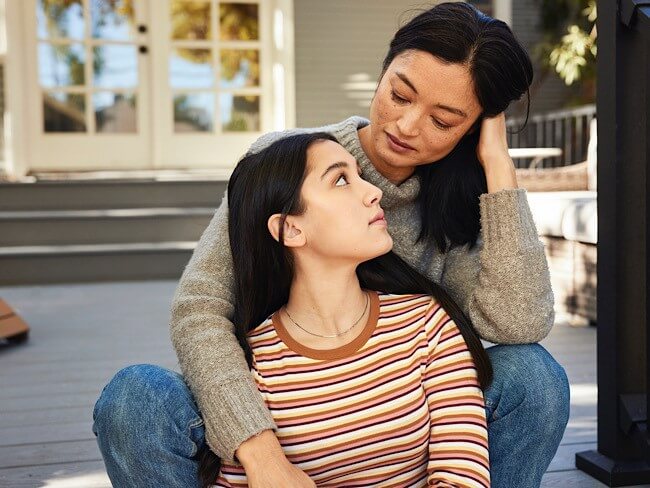
February 23, 2023
Eating disorders on the rise among teens
Expert shares 5 valuable tips for parents and guardians to help children …
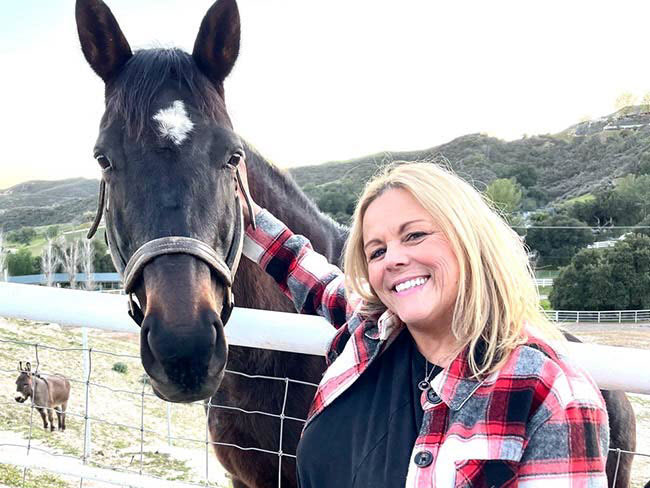
February 7, 2023
Employee honored for her dedication to our communities
Valerie Dionne wins our 2023 George Halvorson Community Health Leadership …

February 2, 2023
Addressing social isolation in the Northwest
Kaiser Permanente invests $3.3 million to build healthy social connections …